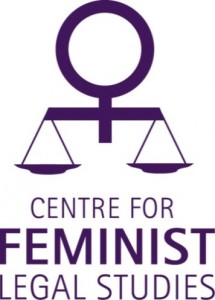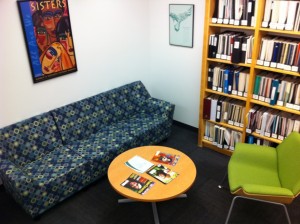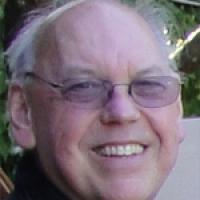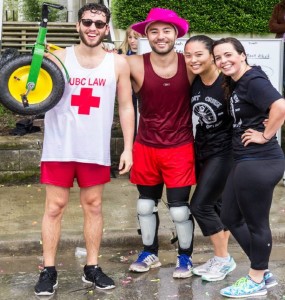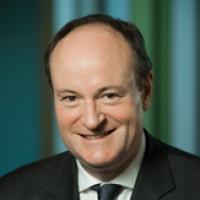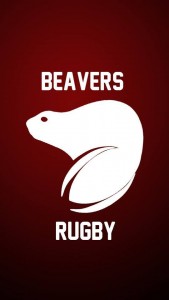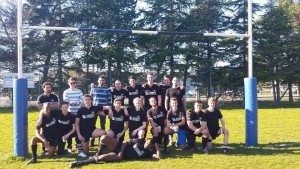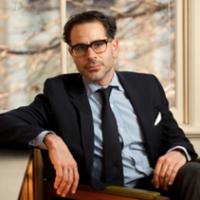How-To: Get the Most Out of Orientation
Hello Class of 2018!
I hope you are all getting excited about starting law school. The next month will fly by, and before you know it you will be arriving at Allard for your first day of Orientation. By way of background, I am heading into my third year at Allard, and I held the position of Orientation Coordinator last summer. When James asked me to write this little “how-to” guide I was very excited to share some thoughts with you. So, here’s my short and sweet guide to getting the most out of Orientation Week 2015:
1. Do a little bit of prep.
You’ve probably already heard the list of things you really don’t need to do before you start law school. Thankfully, that list includes reading case law, networking, and basically anything to do with schoolwork or jobs. But, there are a few things you can do before September, and if you want to be able to fully enjoy Orientation Week and the first few weeks of school, it might be a good idea to do a bit of prep now. If at all possible, I would try to sort out your living arrangements now. If you’re planning to make a big purchase (like a laptop) before starting classes, I would start looking into this now as well. Even if you’re waiting on student loan money to come in, it’s a good idea to do research now before you start getting busy with classes and events.2. Clear your schedule during Orientation Week.
Although the Orientation Week schedule includes some downtime, it’s a pretty jam-packed week. If you can, try to organize your schedule so that your main focus can be attending Orientation Week sessions and getting to know your future colleagues.
That being said, if you can’t attend the evening events, don’t sweat it. There will be tons of time to bond with your fellow 1Ls in the future.3. Get ready to introduce yourself… A LOT!
One of the most important purposes Orientation Week serves is to introduce you to your future friends and colleagues. It sounds a bit trite, but many of the people you meet during Orientation Week will be a part of your life forever. Although there’s no need to find your best friends on day one, you’ll enjoy Orientation much more if you go into the week looking to make connections with your classmates.4. Don’t forget to introduce yourself to non-students.
When I did my BA at UBC, I barely interacted with anyone who was not an undergrad student. I never talked to my professors, and had almost zero contact with staff members. When I started at Allard, I quickly learned that limiting my social group to only include students would be a huge mistake. The faculty and staff at Allard are exceptionally kind and helpful, and they want to get to know each of you. Same goes for the many guests that James has invited to come speak to you during the week—if you’re interested in something a guest talks about, make the effort to go speak to him/her after the session.5. Keep an open mind in terms of picking optional sessions to attend.
When I arrived at Orientation Week I thought I wanted to practice family law and participate in the Innocence Project while at law school. Less than two weeks later I realized I wanted to practice corporate/commercial law and join Law Review. Perhaps you know yourself a bit better than I did, but regardless of how sure you are that you want to practice ‘X’ law and join ‘Y’ extracurricular, you might change your mind. If you get an opportunity to learn about a club that you hadn’t considered joining, take it.
So, those are my top tips for getting the most out of Orientation Week. Basically, if you go into the week with an open mind and do a tiny bit of prep, you will have a great time. And, because you’re reading an optional blog during the summer before you start law school, odds are you are a planner (or possibly, you are extremely bored, in which case this post is likely only making matters worse for you).
Looking forward to meeting you in September,

Rachel

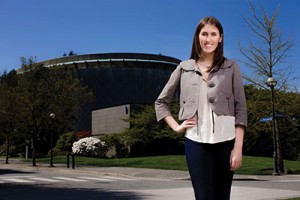
 Follow
Follow